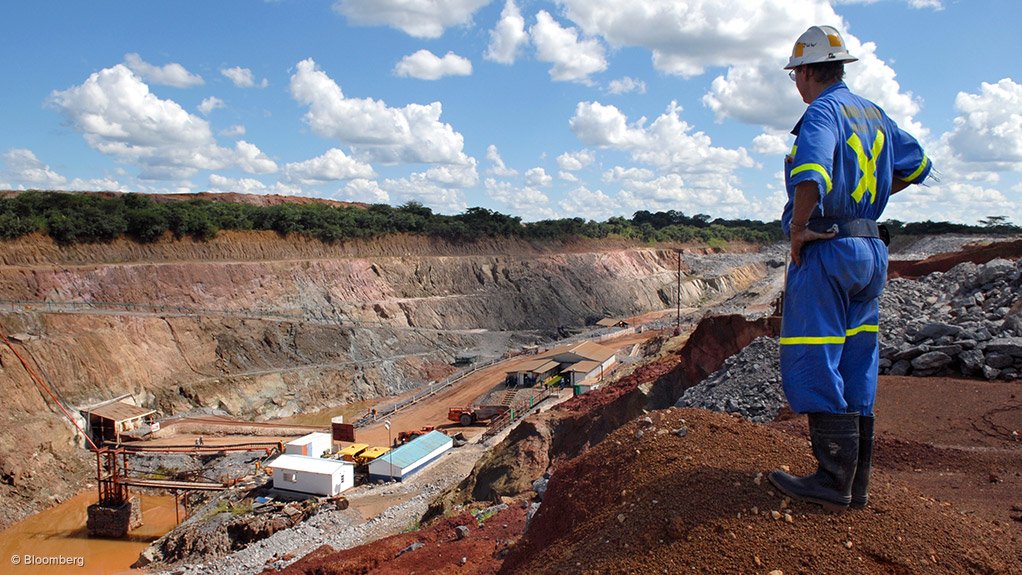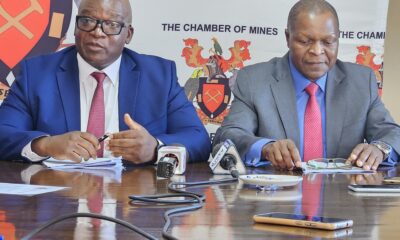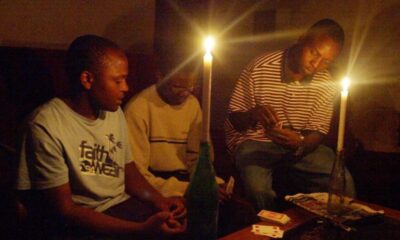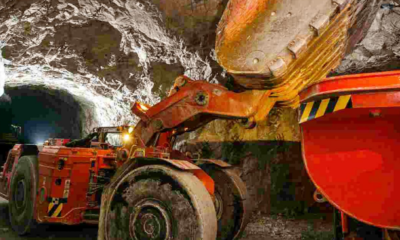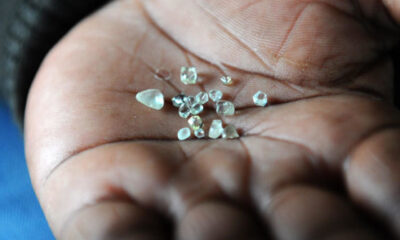MIRIRAI MATONO
WOMEN are struggling to secure employment in mining companies, amid indications that they are under-represented in the sector, with the majority being relegated to menial work in artisanal mining, a new documentary has shown.
The formal mining industry is male-dominated, with statistics by the United Nations Development Programme (UNDP) in 2014 showing that an estimated 1.3 million women in rural Zimbabwe were involved in mining.
Findings in a documentary by the Economic Justice for Women Project (EJWP) have shown that women in Hwange, Matabeleland North province, have been struggling to get employment in the formal sector, with the majority of them being relegated to informal mining.
“Job opportunities for women are rare as one gets in through connections where you should be connected or have a relationship with the HR [human resources department] to get the job. Some want payment in hiring where one is involved in sexual activities in exchange to get a job opportunity,” said Chipo Kufa, a Hwange resident.
Other women in Hwange have said they are failing to make the cut, with most relynections you will not get a job. Failure to secure jobs has seen most young people migrating to countries like Zambia.
Nothing is being done to empower young women as compared to young men in the mining sector,” said Trish Mazimba, another woman.
Women have been historically excluded from working in the mining industry and very few were employed in formal mining, with the closure of mines making it even ing on connections, despite being qualified for the work.
“On job opportunities we have tried but they do not take us on board. In Hwange, people rely on connections. Without conmore difficult for them to participate. As previously reported by The NewsHawks, women have been heavily affected by poor and harmful mining practices.
In June last year, women from Hwange’s Raylton suburb staged a demonstration over heavy dust pollution by mining companies whose trucks pass through residential areas, raising dust, which locals fear could lead to a health disaster.
The women accused coking coal companies of violating section 73 of the constitution by causing air pollution in Raylton suburb.
Section 73 of the constitution of Zimbabwe says every person has the right to an environment that is not harmful to their health or well-being and prevents pollution and ecological degradation. Some of the companies have been using a narrow dirty road that passes through the residential area, despite there being a road that is specially designated for trucks. Similar incidents have been reported in various mining areas.
